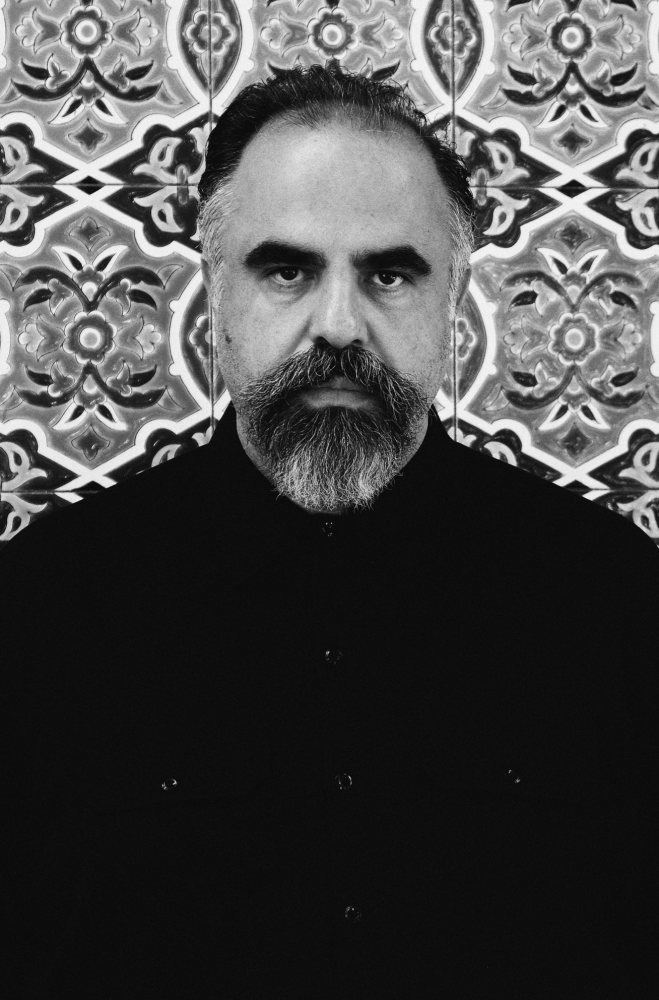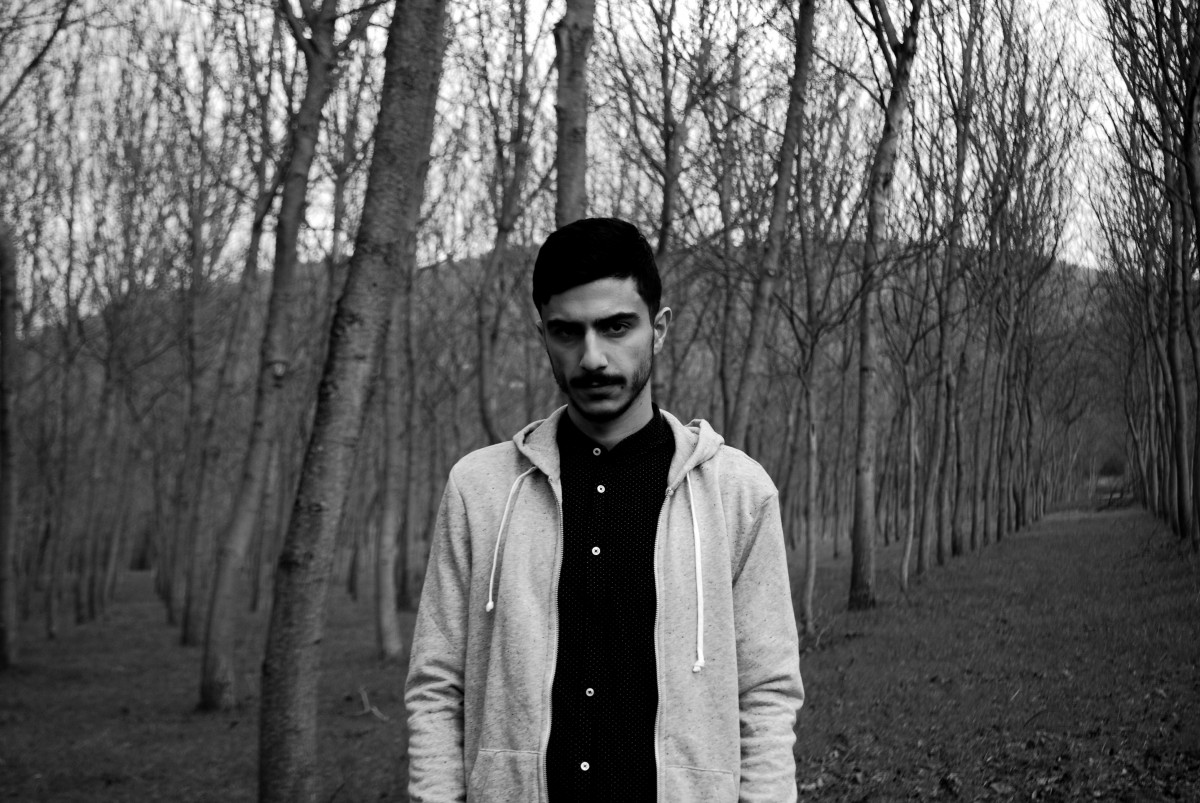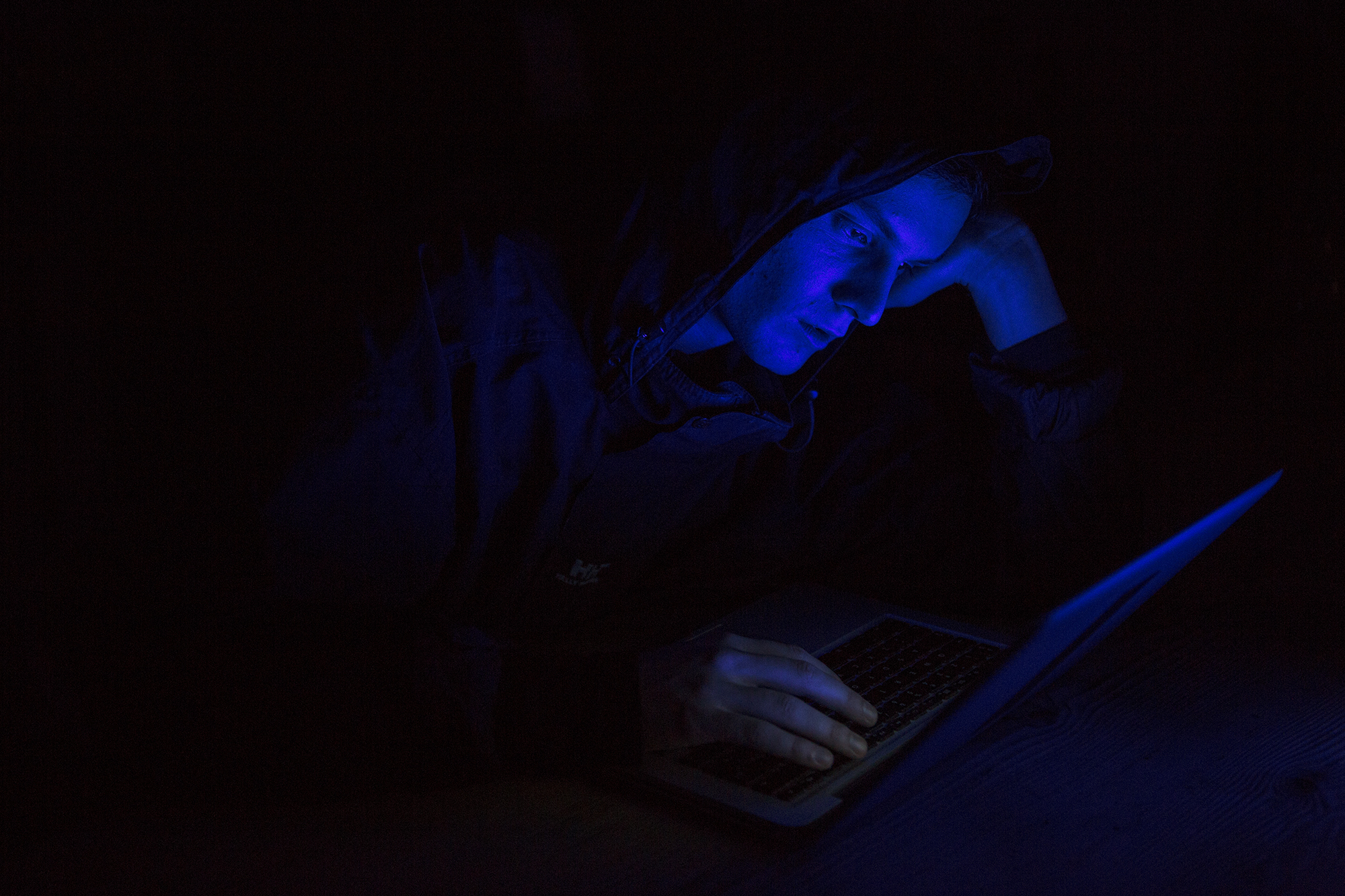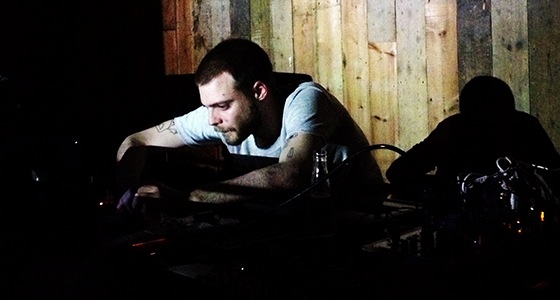Ata Ebtekar aka Sote – Rethinking traditional acoustics with a cross-cultural mind set (interview)

Interview by Sandra S. Borch
“I get up early in the morning around 5:30 am, I go for a walk in nature, do some sound programming for a short while, take my son to preschool, and then I go to my office to work on my compositions,” Ata Ebtekar says. It sounds like a standard everyday but the results of those hours Ebtekar spends at his office is far beyond standard. Under the alias Sote, Ebtekar creates timeless pieces of music with advanced composition that blends crisis and harmony into sonic tales of vivid synthetic soundscapes.
For the past two decades he has published his work on a myriad of labels such as Opal Tapes, Morphine, Warp, Sub Rosa, Digitalis and Repitch among others. His works navigates somewhere between Xenakis, Actress and Lorenzo Senni and sparks of Autechre. His compositions are always thoughtful and structured resulting in some sort of techno quasi-noise delirium.
As much as it is a regional form of sound coming out of Tehran, it is also a cross-cultural tandem. Ebtekar’s childhood and youth has a lot of geographic roots. “I was born in Hamburg, but immediately after my birth, my parents went back to Tehran where I grew up until I was 11-year-old,” he explains and continues: “Then the Iranian revolution happened, followed by the Iraq/Iran war, at which point, my family decided to send me to Germany to live in a safer environment.” He then moved to California to study and later teach Sound Art at Berkeley University. When I asked him how the impact of globalization on one side and San Francisco as musical anchor on the other side has influenced him, he answer: “I have not had much contact in terms of electronic music with California in the last few years.”
“My main communication outside of Iran has been with Europe mostly, and it has been absolutely wonderful to be in direct dialog with other artists as well as promoters, journalists and/or music lovers in general. These days it is much easier to collaborate with like-minded people from all over the world and actually turn common ideas into reality.” and in conclusion he states: ”It has greatly influenced the realization of various projects of mine with non-Iranian organizations to promote cross-cultural events.”
Besides being a composer and sound artist Ebtekar is also one of the minds behind the SET-festival in Tehran. According to Ebtekar the SET festival was not only ment as a space to present music but a living sphere for the music to grow and a place that would tighten the community in Tehran.
“Since my project ‘Persian Electronic Music Yesterday and Today’ on the Sub Rosa label in 2006, I wanted to find ways to promote experimental electronic music and raise awareness of sound art within Iran. Unfortunately, during that period, I could not find like-minded folks to do such a thing, and the overall timing was just not right.” Ebtekar moved back to Iran from California in 2014 and that is where he met Siavash Amini. The two of them got together and expressed mutual feelings and thoughts about a common goal of expanding the experimental music scene and making it more accessible in Tehran. That is how they decided to join forces and began SET Experimental Art Events. Today not only the SET Festival but the entire scene for mixed media is growing rapidly in Tehran, and the SET Festival is collaborating and doing transmedia events with several different organizers from inside and outside Iran. It is a symptom of the collective dream that started out as an annual two-day festival but which now has events throughout the entire year. The latest edition of the CTM festival in Berlin featured a collaboration with SET Festival and since then many Europeans have been observing the festival with obsessives ears, however from a great geographic distance. “Having an international dialog with like-minded artists and festivals is of utmost importance to us as well,“ Ebtekar underlines.
As a one-man project Sote shows enough oomph to run an entire nation. His release Hardcore Sounds from Tehran, form 2016, is a polyrhythmic masterpiece. The music takes on different shapes throughout the entire album. In moments of peak the tempo reaches a far higher BPM than any rave anthem from the primo 1990s, the sound is rough and gritty and yet it is well composed. The rhythmic fluctuations of the release are notably constructed by mosaics of deconstructed traditional folklore and modern experimentation.
Ebtekar strongly believes that “at first, the boldest element is sound synthesis, which over the time of the composition process turns into pattern building of various shapes, forms and rhythmic characteristics,” Ebtakar says. “However, the most important factor is always the composition as a whole. All of the above mentioned points are achieved via the desire for creating pieces that I have not heard before and would like to listen to myself.“
”There is no political statement,” he declares.
Info: This interview with Ata Etbekar was first published in Passive/Aggressive ZINE #7 about music and activism (still available). Sote presents his latest album Parallel Persia (Diagonal Records, 2019) in Copenhagen today (RSVP).



